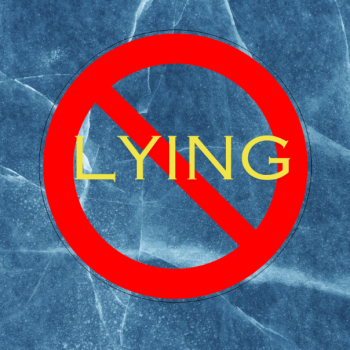The uprisings during the Arab Spring toppled the region’s brutal dictators only to fill the resulting power vacuum with radical Islamic theocrats — or so say many pundits and politicians. But do their statements have validity or are these people merely irked by the recent electoral popularity of the Ennahda Party in Tunisia, the Justice and Development Party in Morocco, and the Freedom and Justice Party in Egypt? While each of these parties is expressly Islamic in outlook, can we be certain that they will act like the Ayatollah of Iran or the Taliban, or is there more to the political philosophies of the Islamic parties of North Africa?
In most cases the dictators that ruled North Africa before the Arab Spring suppressed religious freedom along with other human rights. While many of them spoke with the rhetoric of Islam, they undertook crackdowns of Mullahs who expressed theological opinions different from the state-sanctioned line. In Egypt, the Muslim Brotherhood was one such organization. This resulted in the Brotherhood becoming one of the most vocal and visible organizations to oppose the regime during the Arab Spring. Writing in Foreign Affairs, Carrie Rosefsky Wickham explains that the Muslim Brotherhood’s support of the Freedom and Justice Party, and the party’s resulting popularity, has more to do with being known as opponents of dictatorship than it does their religiously inspired views.
Read the rest here















